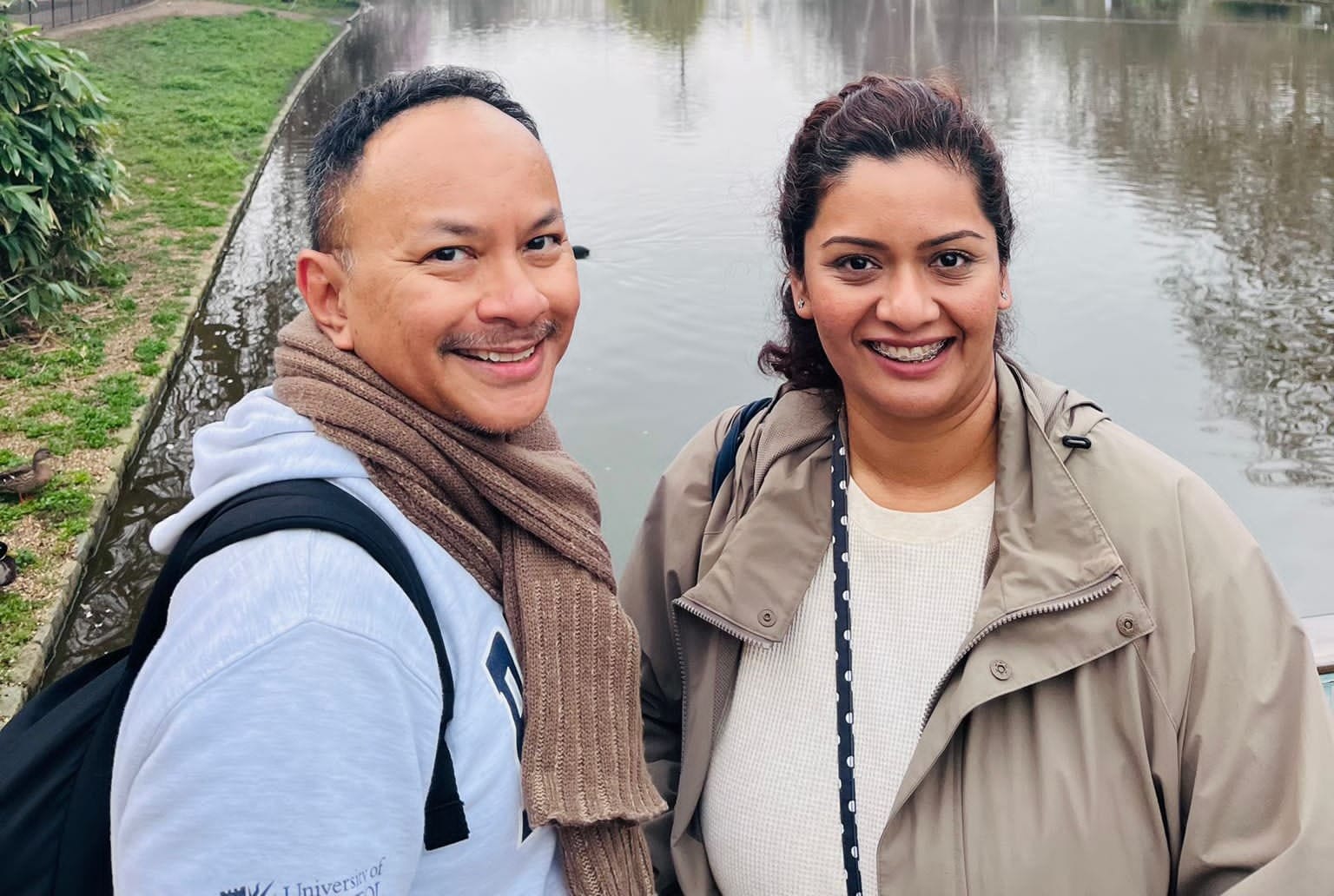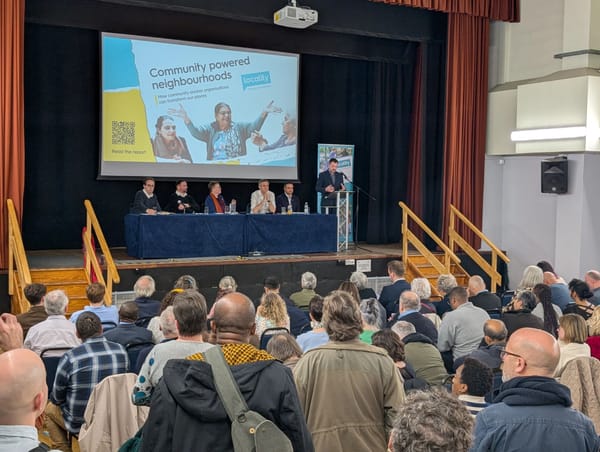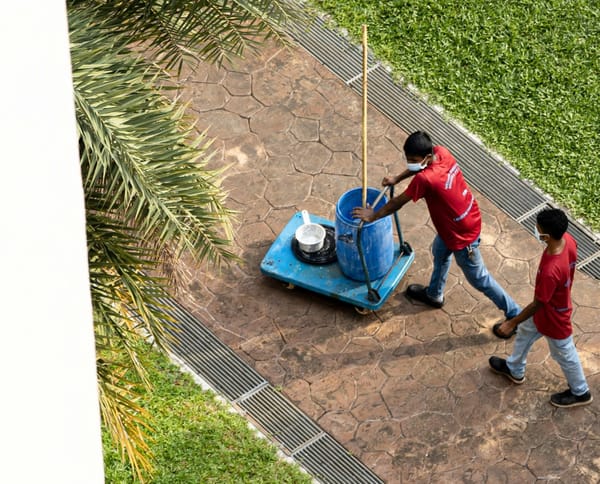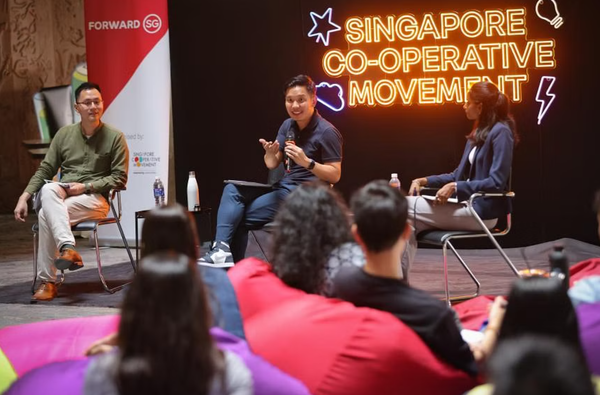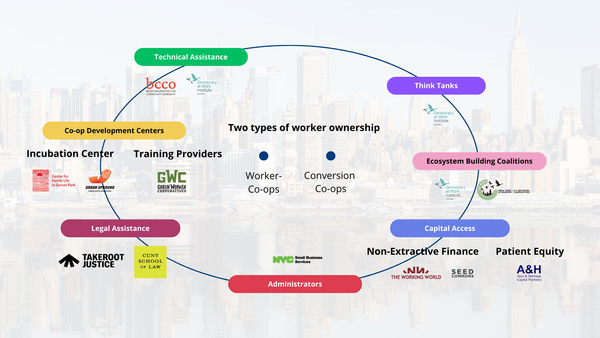Playing for change: How Let's Sepak uses sports for youth development
What if we could use sports for youth development - to teach youths about building healthy relationships, making better life choices and providing them with a stable environment? Learn how Miruna and Irwan are doing this through Sepak Takraw!
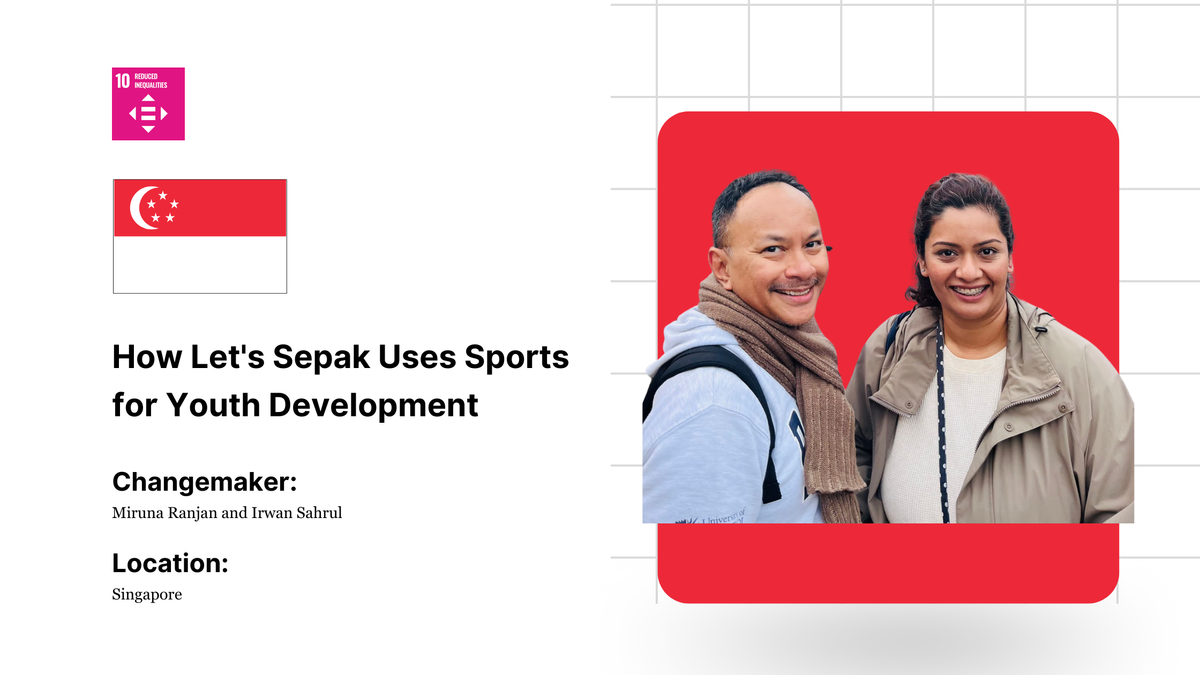
At-risk youths may lack positive environments
Over the past five years, about 2,500 youths were arrested annually by the Singapore Police Force, mainly for offenses like shop theft, cheating for financial gain and related offenses like impersonation and sexual penetration of a minor under 16 years of age.
Studies indicate that family backgrounds and environment are important contributing factors of youth offending and re-offending. In particular, youths who experienced family disruptions such as presence of substance abuse within the family or an absence of parents were more likely to continue to show moderate-to-high risk.

Without support, youth offenders could face reduced academic and employment prospects, increasing the likelihood of re-offending and incarceration in the future.
“Many of these youths typically lack confidence as they have lived their entire lives in conditions of financial scarcity and are unable to envision a future for themselves beyond the delinquency they see around them. Most have low self-esteem and will never think they can be a scholarship recipient or work overseas,” said Miruna.
Sports has shown to be effective for youth development
Research shows youth sports offer immediate and long-term benefits for youth, their families and communities. Many youths like to play sports and want to be physically active.
What if we could use sport as a platform to teach youths about building healthy relationships, overcoming challenges, developing positive values to make better life choices and provide them with a stable environment through their teammates, coaches and mentors?
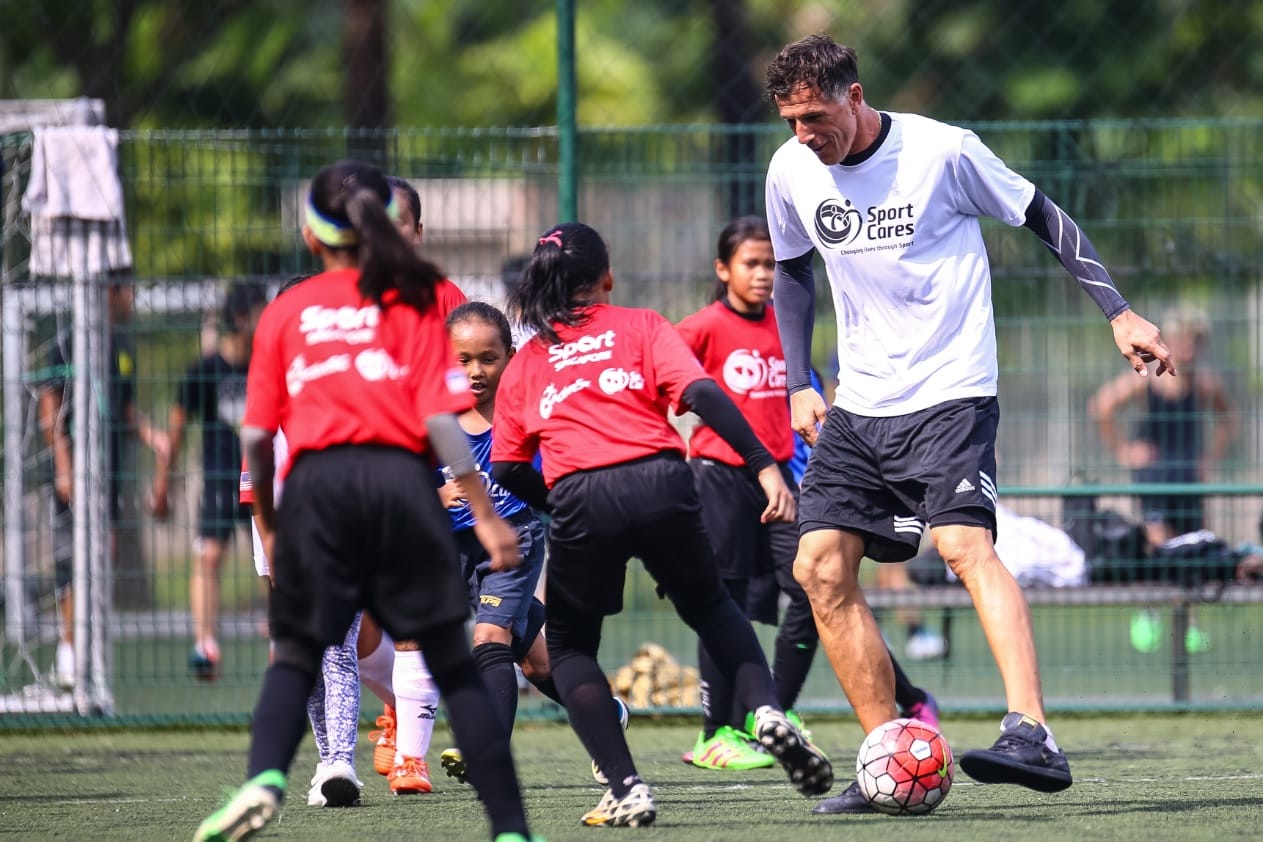
Enabling Care Through Sport
In 2012, Sport Singapore (SportSG) committed to creating sport without boundaries, soeveryone can live an active and healthy lifestyle through sport. It set out to create opportunities for everyone to access sport and enjoy the benefits it brings. Sport can be a social development tool for persons at risk, disadvantaged persons, those living with physical disability, intellectual disability, or other special needs.
With this belief, SportSG launched SportCares in October 2012. Its initial objective was to engage youth-at-risk and mitigate youth delinquency using sport as a social glue for the formation of positive communities around them. In March 2013, the first SportCares program, Saturday Night Lights (SNL), was introduced to provide a platform for youth-at-risk to play and experience formal football training.
Every Saturday night, youths gather under the SportCares banner for training. Once these youths were brought together, SportCares was able to expand its mandate and support these youths in character development and life skills training. The goal is for each youth to become a grateful constituent who gives back to society.
Prior to SNL, many participants only had opportunities to play football casually. SNL allowed them to engage in organised football games and enjoyed access to professional coaching.
These youths became part of a structure that allowed discipline to be cultivated. From donning the team jersey to punctuality, to following training instructions from their coach, they learnt the importance and value of discipline. This has led to visible changes in their lives. For instance, those who were not attending school regularly, started to do so more consistently.
As the team at SportCares honed their capabilities and gained better understanding of the needs of vulnerable groups and the issues that beset them, SportCares gradually diversified its portfolio over the course of the following years and introduced more programs for greater reach, such as initiatives for children, youths, seniors and persons with disabilities using sports like basketball, swimming and futsal.
It also offers programs such as the SportCares Scholarship and the Youth Coaching Development Program, which allows aspiring youth coaches who are current or former program participants to secure their coaching credentials and give back to SportCares by helping to coach younger children in various programs.
SportCares has received support for its efforts from corporate funders such as Changi Foundation, Singapore Pools, Musim Mas Group, and Li Foundation.
Solution: Using Sepak Takraw for youth development
Let’s Sepak is an intervention that develops positive values and character in youths aged 13 - 21 through Sepak Takraw, a sport native to Southeast Asia that is very similar to Volleyball.
It is played by two opposing teams. Each team (also known as Regu) has three players on the court playing the roles of a striker, server and feeder, and two substitutes. Players are allowed a maximum of three contacts to get a rattan ball over a net, while ensuring the ball does not touch the floor.
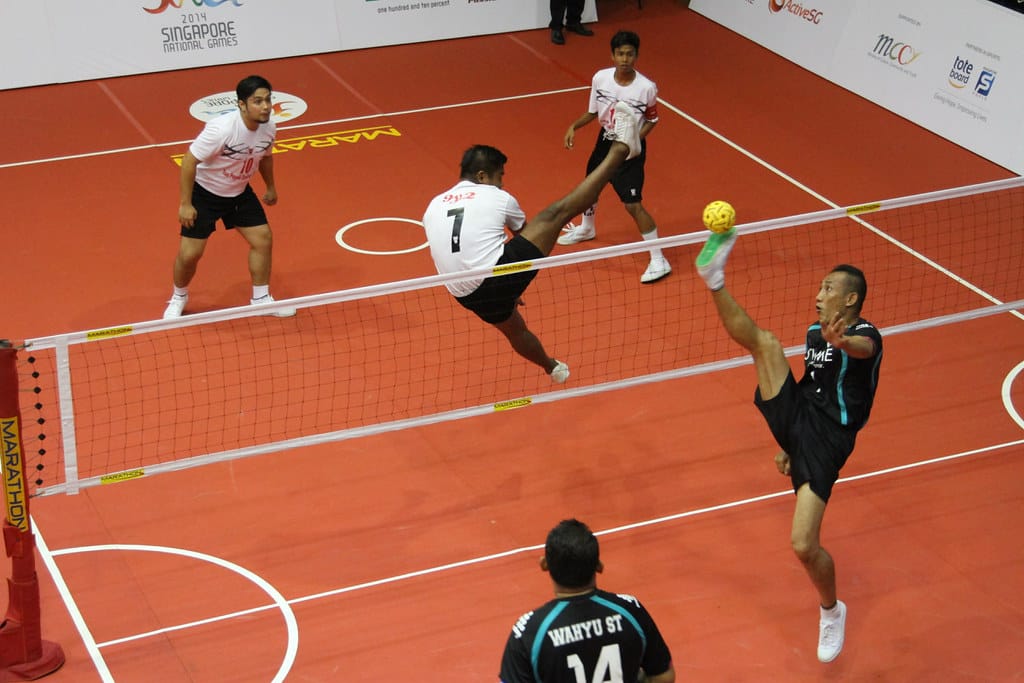
Organized by SportCares in partnership with the Persekutuan Sepak Raga Singapura (PERSES) and the Central Narcotics Bureau (CNB), the Let’s Sepak program is mainly managed by Irwan Sahrul, with Miruna Ranjan supporting with liaising with partners and coordinating publicity efforts. Both joined SportCares through different pathways but are united by their interest in youth development through sport.
After suffering two deaths in his family within a short period of time, Irwan took time off from his job and started volunteering with a youth organization.
“I initially found it difficult to gain their trust because young people are very good at seeing through whether you are genuinely interested in them,” he said.
Eventually, he enjoyed being a youth worker so much that he decided to quit his job and join the organization full time. In 2014, he joined SportCares to further his interest in using sports to develop youths and respond to community needs.
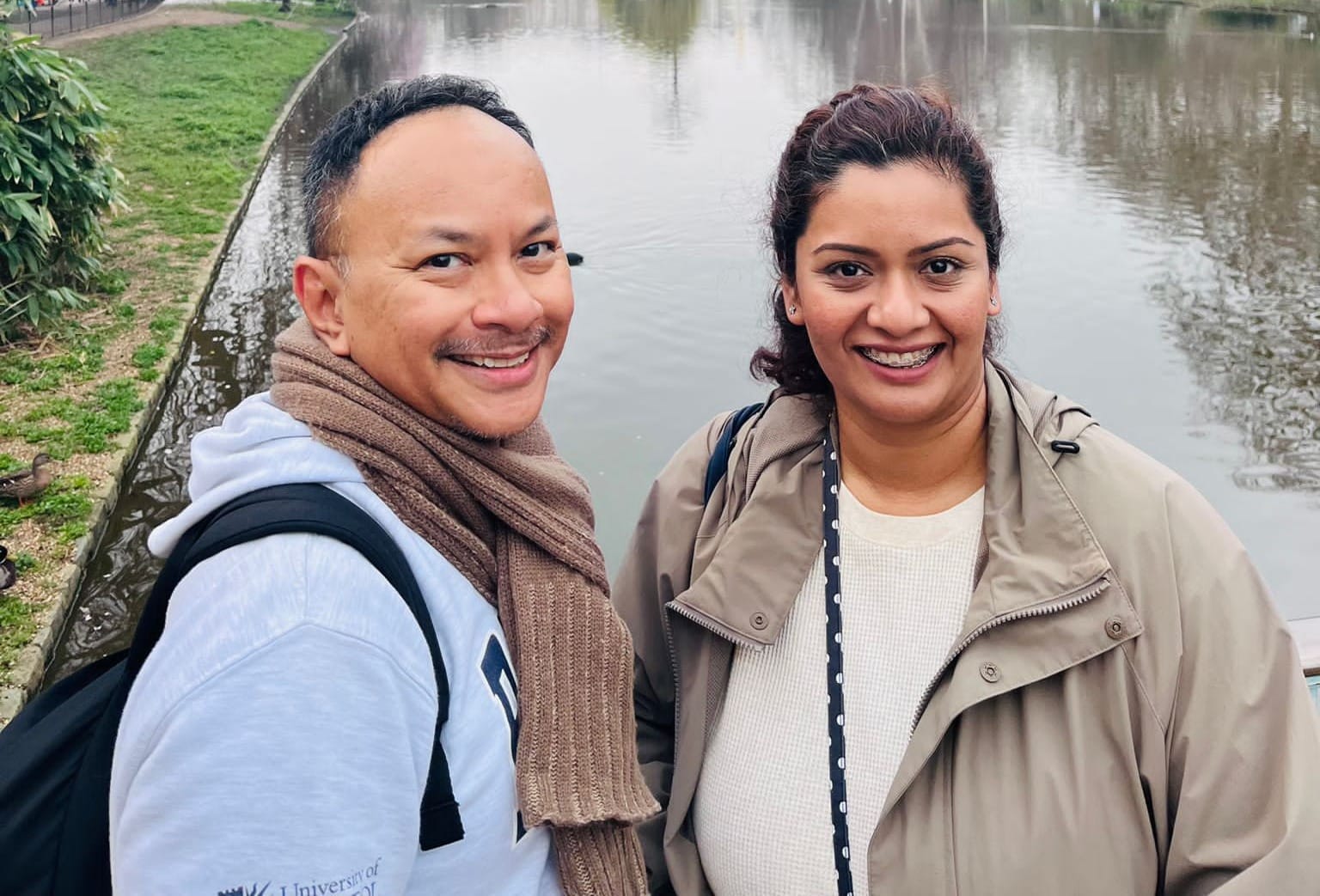
Miruna's heart for community service began at a young age, instilling in her a deep desire to make a difference whenever possible. With a passion and her strengths in communications and building strong relationships with people, she envisioned her ideal career as one that would empower her to serve vulnerable communities.
In 2014, after the birth of her first daughter and having served two years in a communications role at SportSG, she eagerly seized the opportunity to join the newly-established SportCares team. Her mission was aligned with the team's: to expand access to sports for marginalized individuals and communities.
Motivated by a desire to delve into the growing field of sport for development, Miruna found herself drawn to the innovative work being undertaken by her organization. Throughout her tenure of more than a decade, she has found immense satisfaction in the opportunity to positively impact the lives of young people, relishing the chance to contribute, albeit modestly, to their journey of growth and empowerment.
“I was blessed to grow up with people whom I didn’t label as mentors but without them, certain periods of my life would have been very different. They guided me to do things differently and I want to pay it back by mentoring youths today,” she said.
Key components of the Let’s Sepak program
The Let’s Sepak program comprises three components to fulfill its youth development goals.
- First, selected youths undergo 90-minute training sessions weekly, divided into groups based on their skill level. A typical training session starts with strength and conditioning drills, followed by technical skills like dribbling and footwork, before ending with a practice match.
- Second, youths are highly encouraged to volunteer and give back to the community. This can be done by joining existing opportunities like helping with spring cleaning of the homes of socially isolated seniors or organizing new projects like putting together a Sports Day for children living in public rental flats. For many youths who have been recipients of donations and food aid for most of their lives, community service helps them to build a new narrative about themselves as changemakers and people who can give.
- Third, coaches look out for age group competitions that youths can join to test their skills. By joining competitions, youths get to experience a full range of emotions that provide multiple teachable moments that coaches can use to teach them valuable life skills, such as learning to keep their composure before a crucial possession, healing from the heartbreak of a loss and staying humble after the joys of victory. This is something that other interventions like art, music or theater might not be able to evoke.
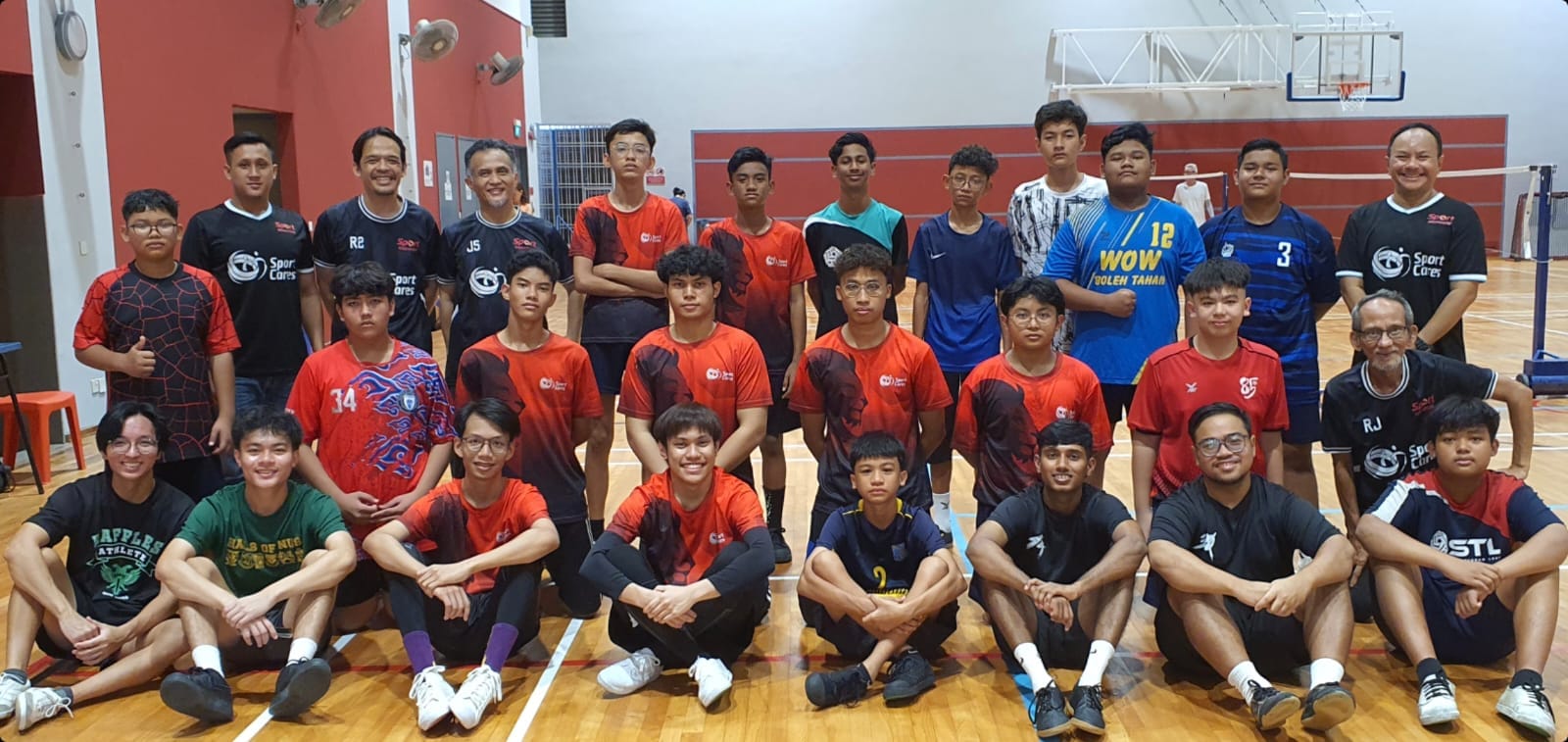
Youths are recruited through referrals from school teachers, social workers and existing participants. To join, they just have to complete an online form after which they are assessed for their suitability. There are no interviews or requirements, just an interest in the sport.
The program receives most of its youths from Northland Secondary School and Crest Secondary School, a vocational school preparing students for the the Institute of Technical Education (ITE). Many of Crest's students come from financially disadvantaged families. These circumstances can impact their self-esteem and place them at a higher risk of facing additional hardships.
The first session acts as a sports tryout, allowing youths to experience a typical training session and determine their interest in continuing.
Youths participating in Let’s Sepak also gain access to various opportunities through SportCares, including scholarships and paid coaching positions for SportCares programs.
Impact measurement
Let’s Sepak uses the ACT SG (Sports) tool under the ACT SG Framework, developed by the Ministry of Social and Family Development (MSF) as a shared vision for youth-at-risk programs in Singapore, to evaluate its effectiveness.
The ACT SG Framework measures the impact of programs in facilitating positive development in youths through developing 13 skills in 3 domains:
- Achieve tasks and complete work - e.g. develop skills in academic achievement, creativity and innovation, critical thinking and goal setting
- Connect to others - e.g. develop teamwork, cultural competence, positive relationships, leadership development and community connectedness
- Thrive as a person - e.g. develop active lives, be able to set life goals, develop general self-efficacy and a sense of safety and risk awareness

The ACT SG (Sports) tool measures the effectiveness of sport programs in achieving the above mentioned skills and domains through a comprehensive questionnaire comprising 70 questions.

Challenges with impact measurement
Miruna and Irwan acknowledge that the benefits of a sport for youth development program may not always be directly measurable, especially when working with youths whose progress may take years to manifest.
Over their past decade in SportCares, they have witnessed numerous instances of youths tapping into skills of discipline, confidence and networks they acquired to pursue education, start their families and begin building professional careers, steering clear of of trouble.
“While we cannot directly attribute it to the program, we have been around long enough to observe these qualitative stories which give us feedback that we are doing something right,” they said.
Best practices
Start with the right intention
Miruna and Irwan emphasize that winning tournament games is not the primary goal of the Let's Sepak program. Instead, their main aim is for youths to realize that someone believes in them.
“Many of the youths who join have talent and potential but sometimes lack the opportunities and self-confidence because of their background as aid recipients,” said Miruna.
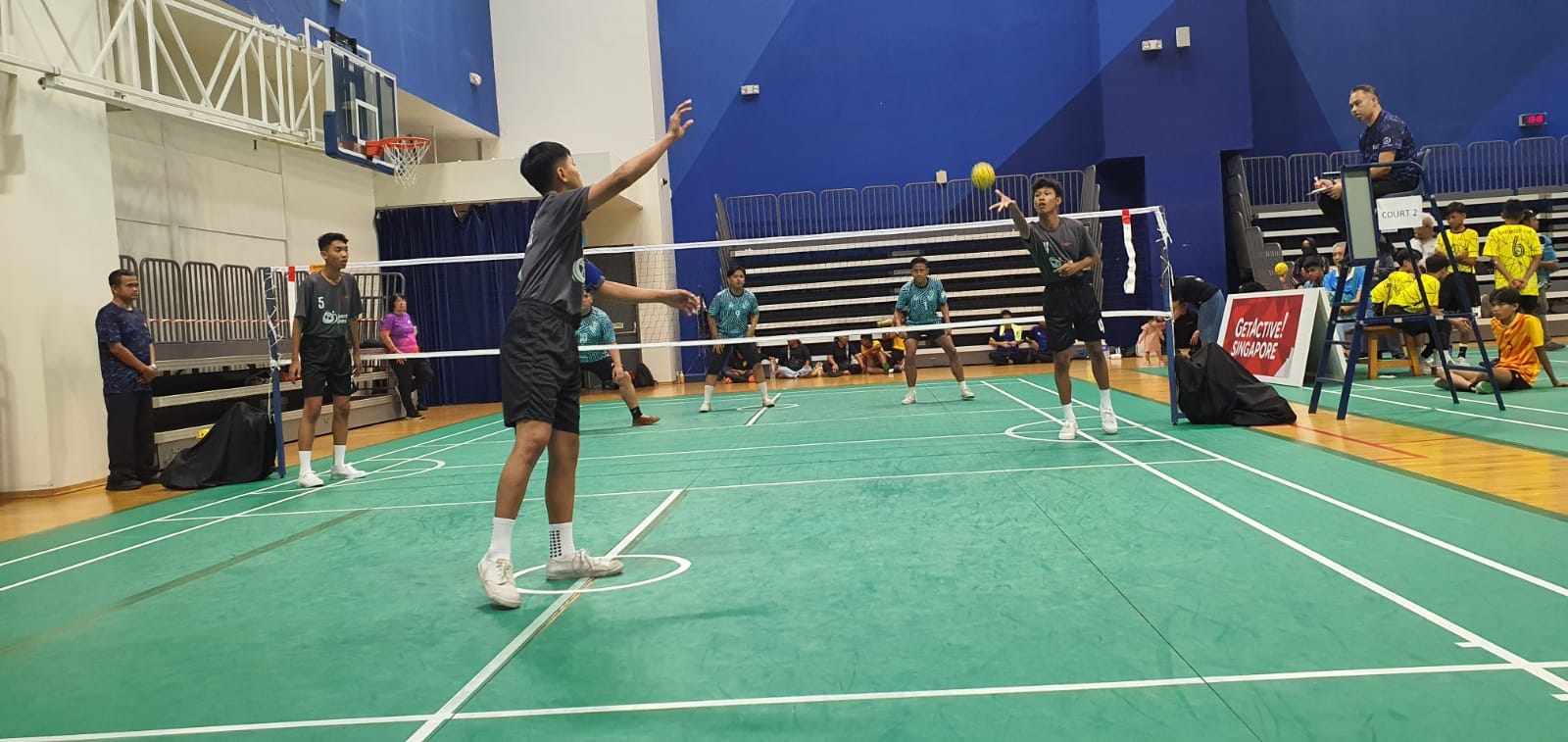
As youths engage in training and competitions, they start to experience support from caring adults like their coaches and teachers, who attend games to cheer them on.
Irwan recalls a significant moment when the Discipline Master of Crest Secondary School came to cheer on some of his students at a tournament game. “Previously, the boys were intimidated by him but after that, they realized that he truly cared and they formed a genuine and respectful relationship,” he said.
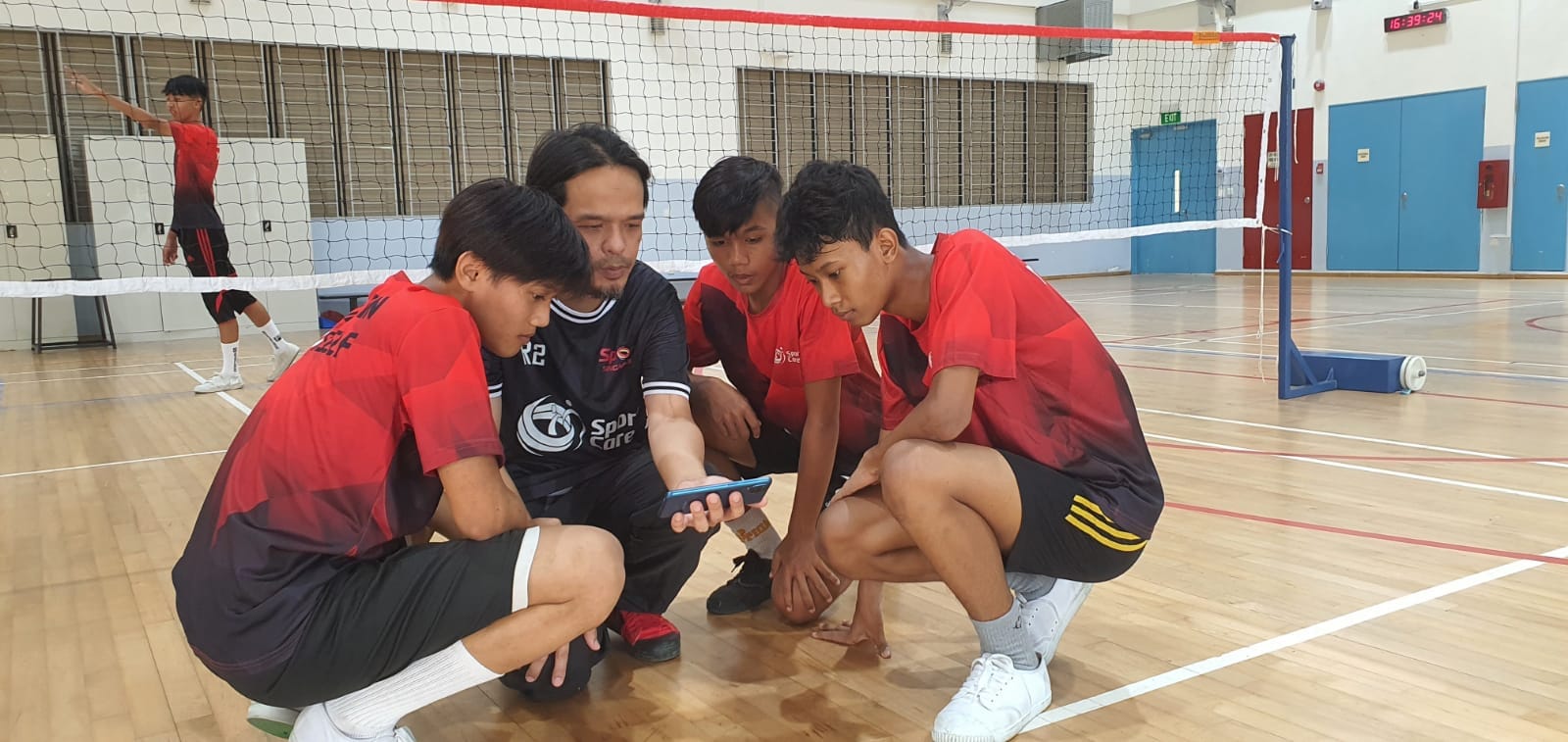
Select coaches with experience working with youths-at-risk
Coaches undergo a stringent selection process, including background checks with the Police and Ministry of Education. They also have to be registered coaches under the National Registry of Coaches (NROC). During the interviews, the SportCares team assesses candidates for their experience working with at-risk youths while their colleagues from the Coach SG team assess their technical skills.
The team prioritizes coaches who demonstrate a genuine interest in working with youths, empathize with their circumstances and can serve as positive role models.
“We had to turn down candidates with impressive competitive achievements because we want people who can do both character development and high performance, with a preference for the former,” they explained.
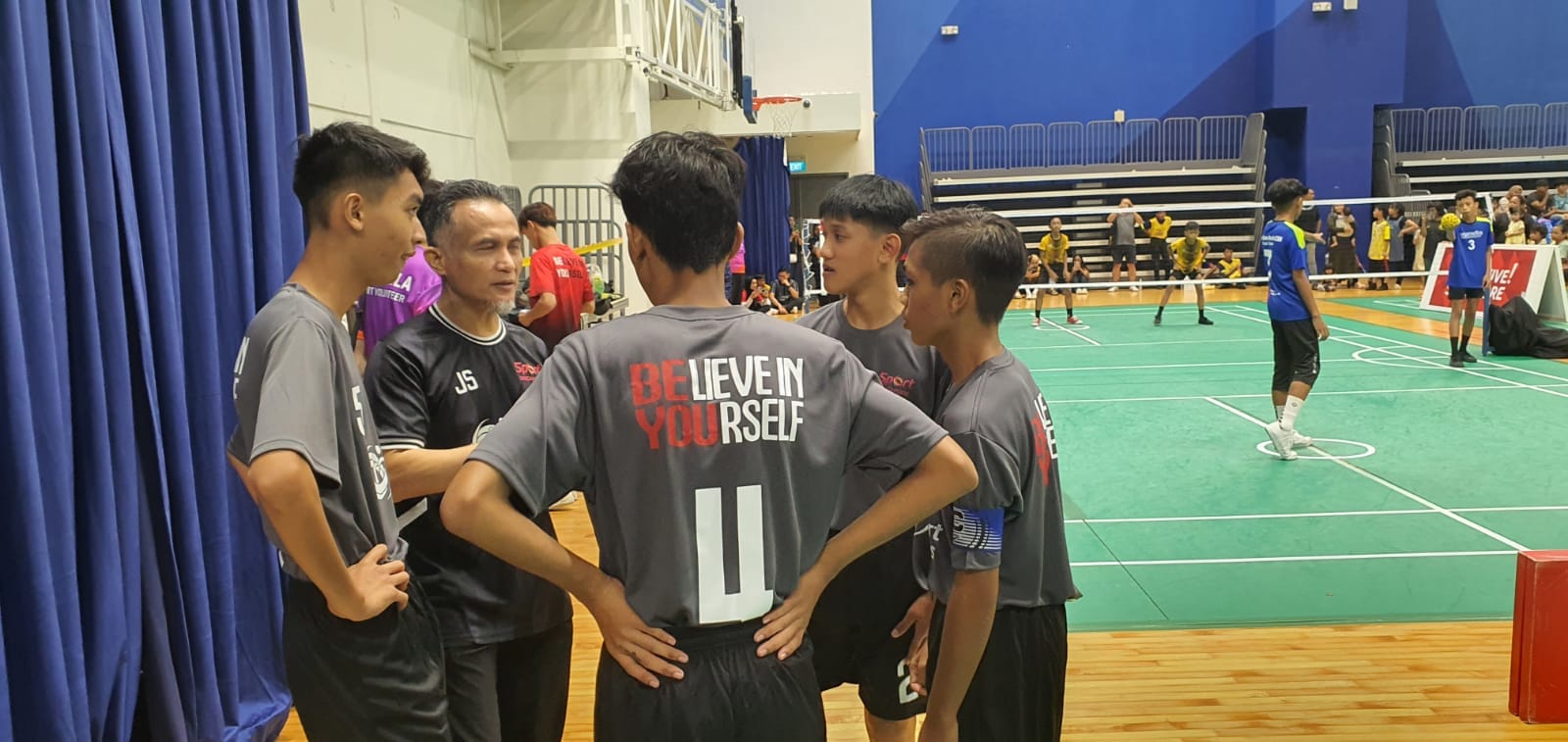
Coaches role model respect
Unlike some coaches who may resort to harsh criticism and yelling to enhance player performance, coaches in the Let's Sepak program uphold a culture of respect, beginning with how they communicate with the youths.
Feedback on performance is delivered objectively and professionally, considering the youths' ego and dignity. “They don’t call out players for mistakes in front of the entire team or verbally abuse the referee when situations don’t go their way during games,” said Irwan.
On game days, players demonstrate respect by tucking in their shirts. When they lose games, coaches exemplify grace by leading handshakes with the opponents, no matter how devastating the loss may be. In victory, coaches emphasize humility and encourage players to acknowledge the opponent's efforts.
“When we went for a competition last year, coaches from other teams were very impressed with the sportsmanship of our boys. We were also the only team with shirts tucked in!” Irwan recalls with a laugh.
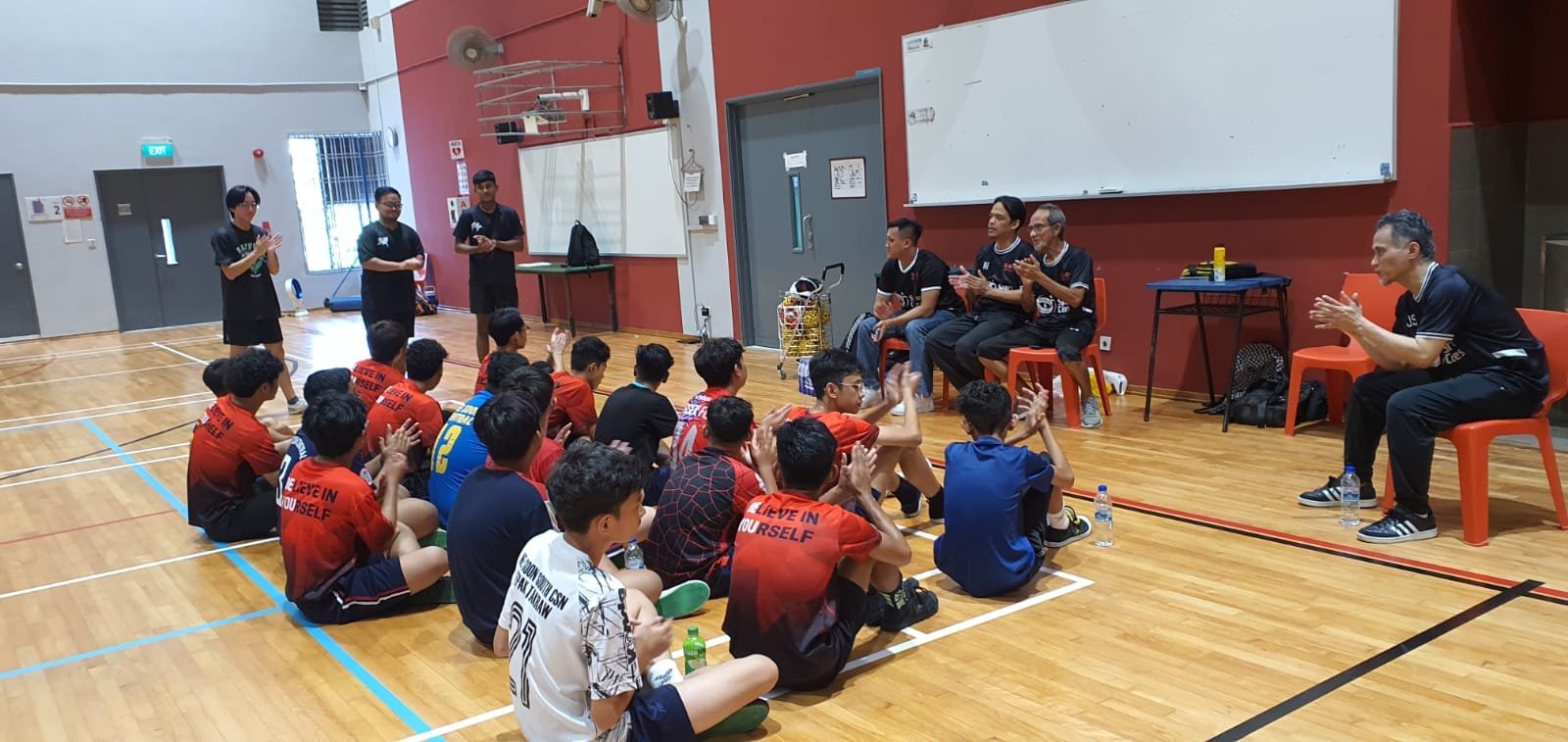
Help youths to feel safe to express their emotions
Miruna and Irwan prioritize fostering respect among youths towards their coaches and teammates, yet they acknowledge that everyone has their bad days. In the rare instances when a youth experiences an emotional meltdown, the coach's intention is never to punish, but to help them learn to express and regulate their emotions in a healthy way.
“We want youths to feel safe to express their emotions and coaches always try to help the youths repair any damage done by their outburst,” said Miruna.
Be flexible and give second chances
Let’s Sepak has a 3-strike rule - if a youth misses training 3 consecutive times, they are removed from the program because training slots are limited and Miruna and Irwan want youths who are committed to the program.
However, they also believe in second chances. If a youth drops out due to emotional or financial challenges, they are encouraged to return when they are ready.
Youths who want to return are invited to a discussion with the coaches and teachers, who explain the rationale behind the regulation, listen to the youth's challenges and together, brainstorm solutions on how to help the youth attend training.
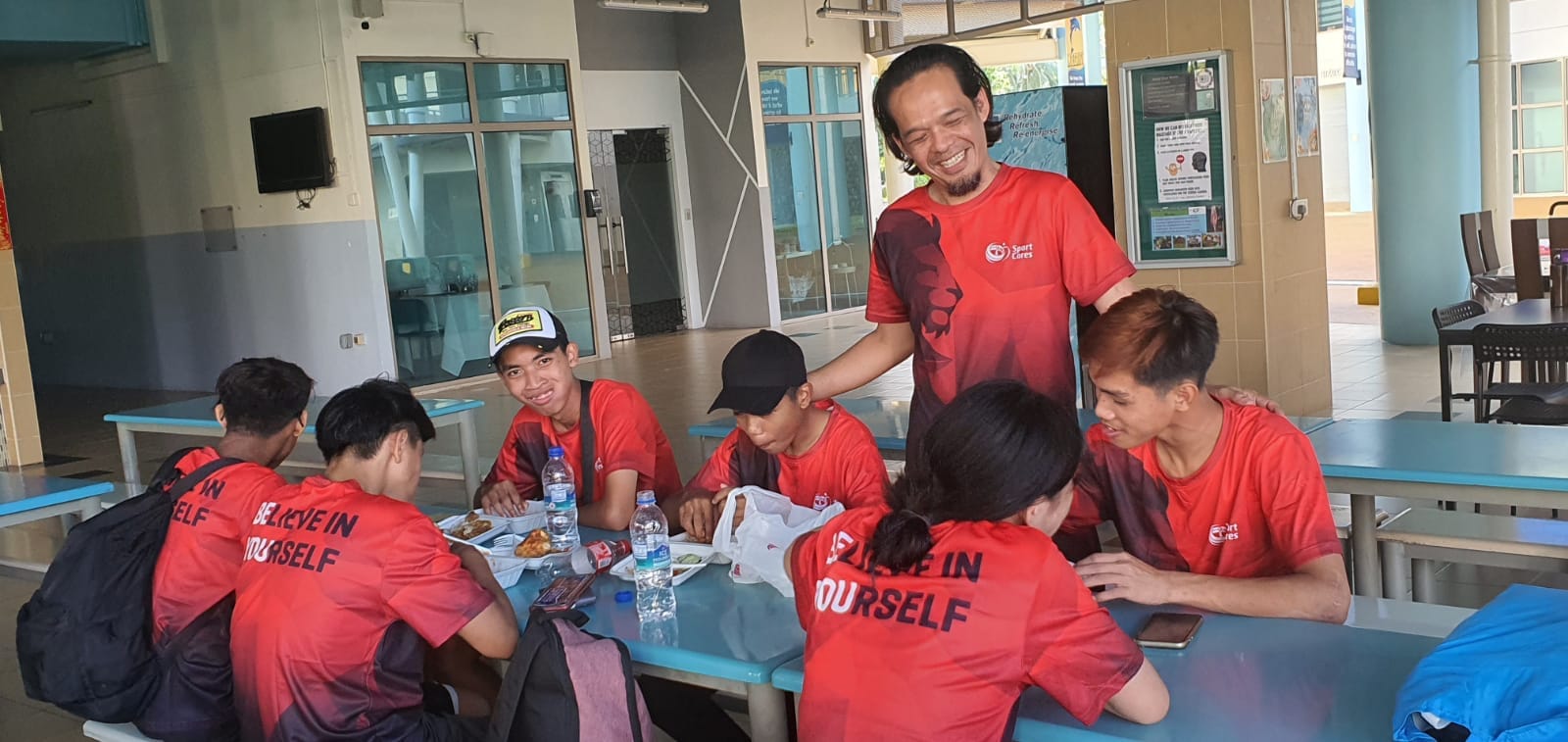
Various challenges can hinder a youth's participation in training. Younger participants aged 13 - 16 may struggle with immaturity, such as staying up late and oversleeping. Older participants aged 17 - 21 may face relationship issues or difficulties balancing part-time work and school commitments.
Miruna and Irwan once secured an internship with SportCares for a youth in the Let's Sepak program. However, he was often caught sleeping on the job and showing little interest in learning, putting his internship at risk.
“We had a serious talk with him on how rare such internship opportunities are. It was tough love but he made an effort to sleep early, be punctual for work and be more curious. It was his first office job and he did not know what to expect or how to act,” said Miruna.
“We want to be firm yet supportive, showing the youth that we care and there is an adult here for them when they run into trouble. And it starts by listening to their challenges, not judging them for it and working with them to find creative solutions,” Irwan added.
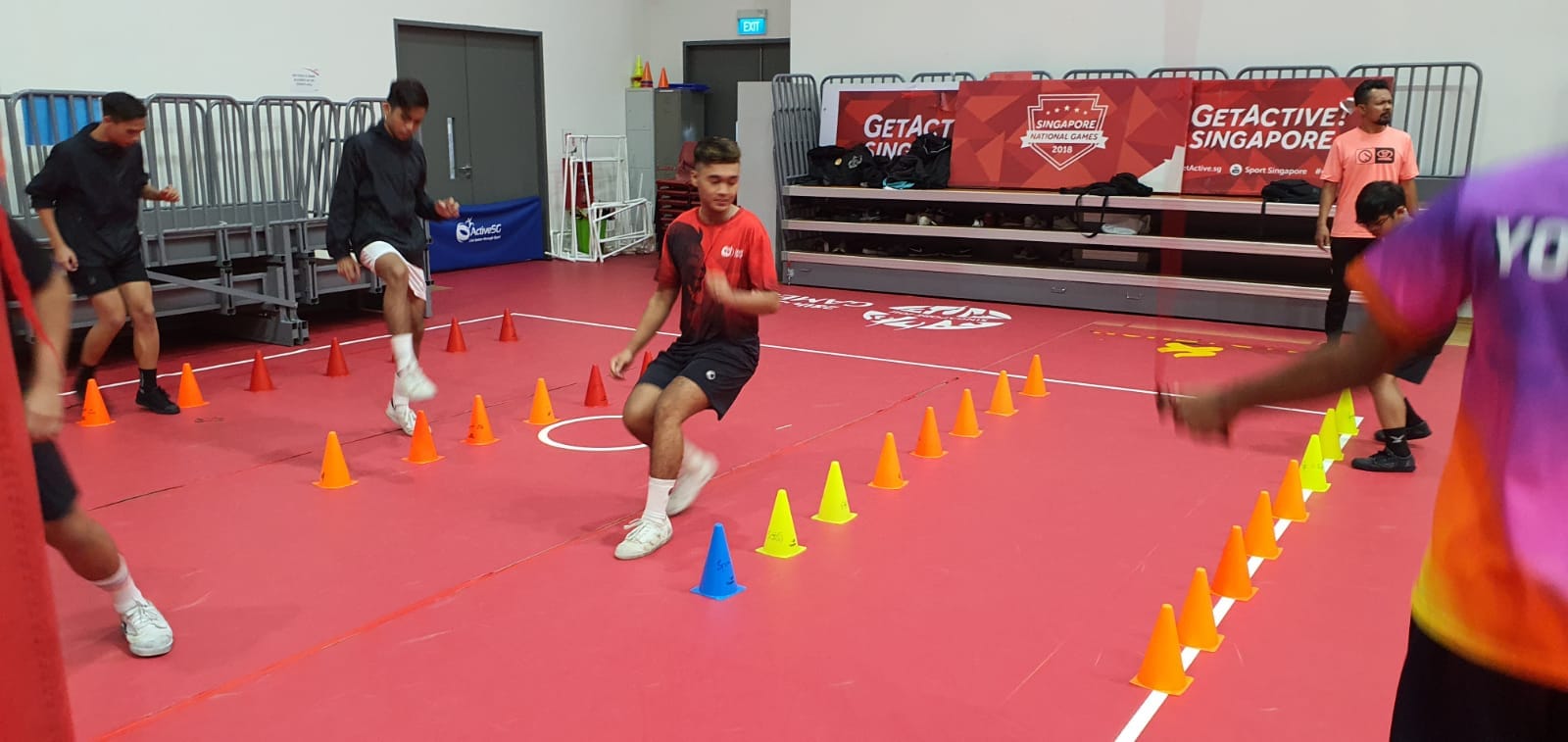
Make training fun
While training includes strenuous conditioning drills like running and strength training, coaches try to mix up the technical drills like dribbling, juggling and striking to make it less repetitive and fun. For example, they hold impromptu juggling competitions, where the player who can juggle the longest wins a prize.
Each training session usually ends with a mini competition where youths form teams to play against each other. “We’ve found that these sparring matches make them come alive and is something they look forward to each session,” said Irwan.
Build good partnerships with key players in the youth’s life
Another key reason for Let’s Sepak’s success is the relational partnerships it has built with stakeholders surrounding the youth, including school teachers, social workers and parents. “It is quite important that our partners do not see us as vendors delivering a service but as equal partners co-creating the program together,” said Miruna.
For example, social service agency partners such as youth workers from Fei Yue’s Youth Go program are present during training sessions or competitions to cheer the youths on, so they can continue to build relationships with them and do any follow-up engagements if necessary.
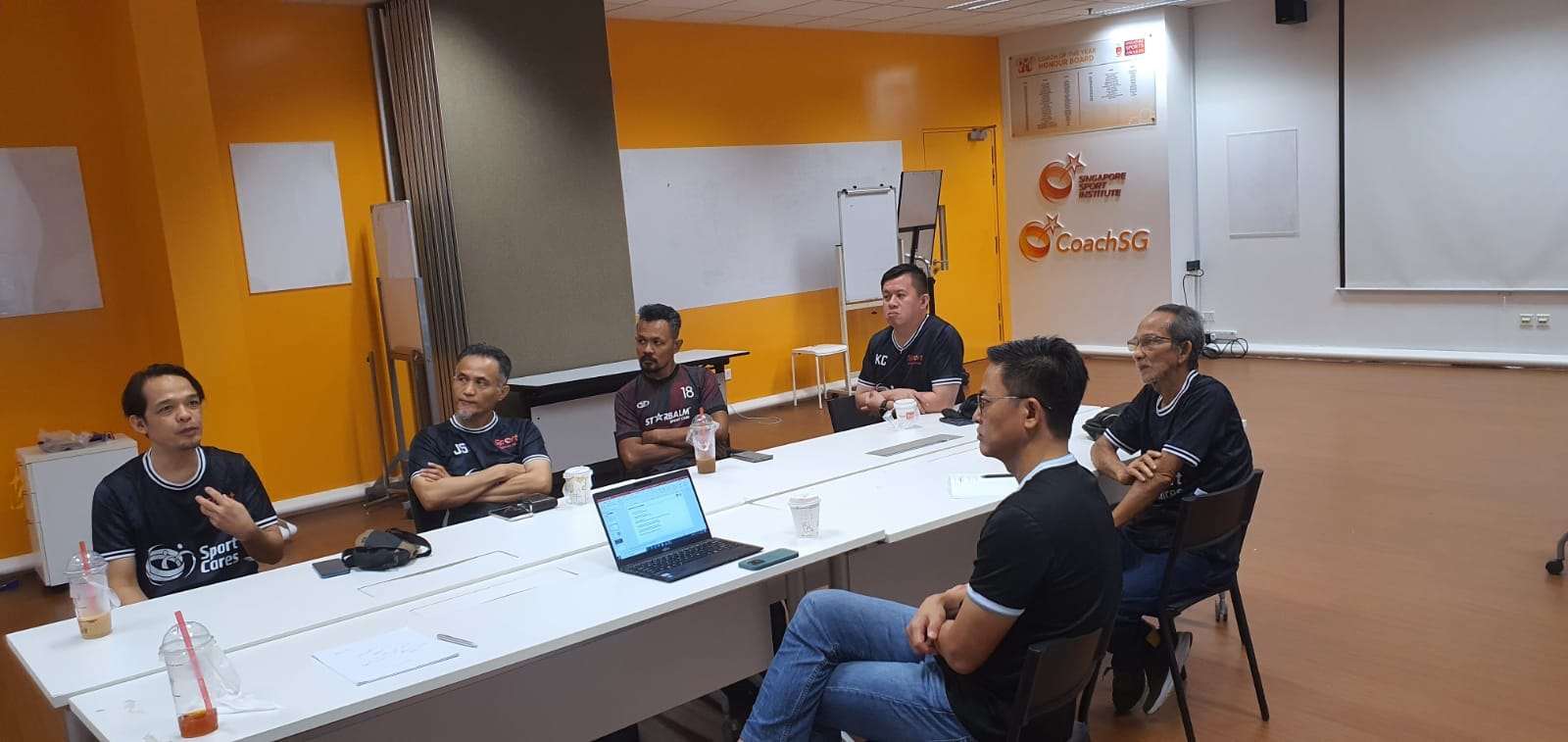
These social service agency partners play a crucial role in helping SportCares to collect impact stories about how the program has positively impacted the youths and their families.
Teachers also contribute by providing reports on any school absences among the youths, enabling coaches to pre-emptively identify youths who may miss training over the weekend and take proactive action to reach out to them to check if they are ok.
Parents support the program by helping coaches to ensure the youths attend training. For example, if a youth misses training for two consecutive weeks, coaches contact their teachers and if necessary, the youth’s parents to understand if there are any factors at home that might prevent the youth from attending. Sometimes, these calls contradict explanations given by the youth.
“We had cases where the youth claimed his parents did not allow him to come for training but when the coaches called his parents, his father was supportive of training and only banned the youth from leaving the house to hang out with his friends because he had been coming home very late,” recalled Irwan.
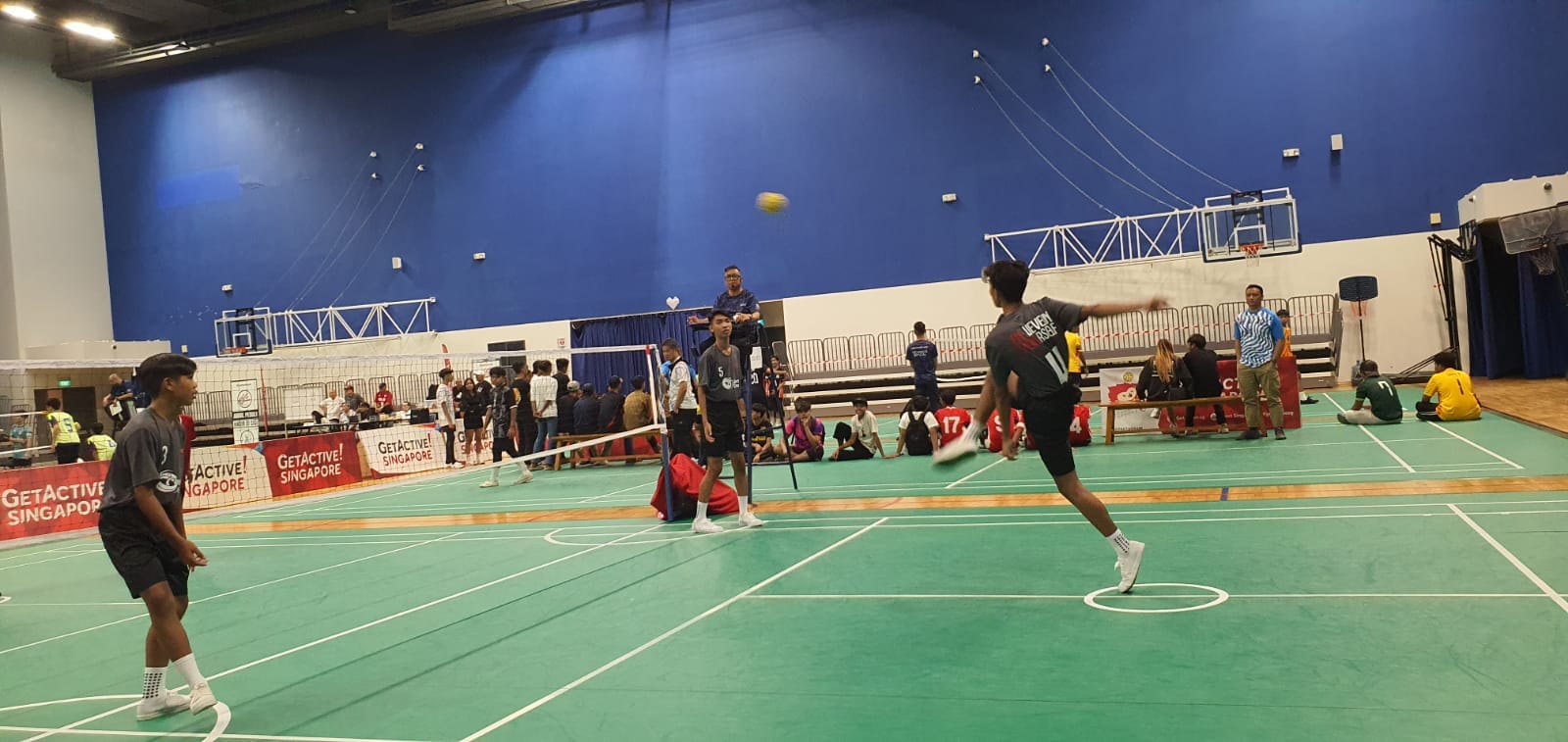
Looking ahead
Looking ahead, Miruna and Irwan hope to have deeper conversations with their partners, moving beyond their typical annual reviews of the program's outcomes. They want to understand the partner’s organizational priorities, goals for the year and how the Let’s Sepak program aligns with the broader change initiatives their partners are trying to create.
Miruna believes such conversations could shift the relationship further towards co-creation, increasing the stake that each partner feels towards the Let’s Sepak program and reducing the need for SportCares to take the lead most of the time.
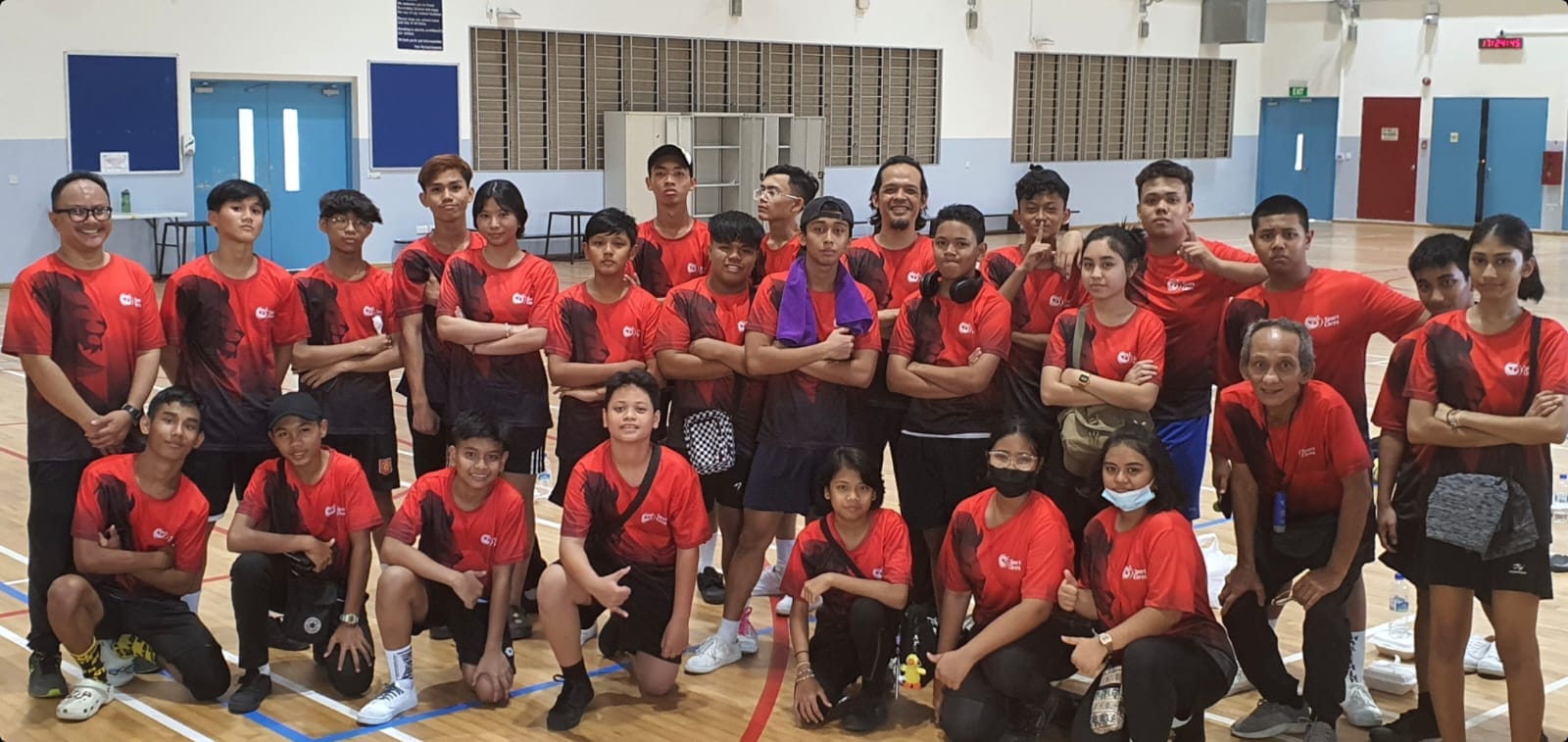
“That could open up fresh ideas for how the Let’s Sepak program can evolve, perhaps in ways that we cannot see ourselves because of how long we have been running it,” said Miruna.
Furthermore, some partners may actually have deeper resources in areas such as manpower, which they can contribute to helping out with things like coach selection or even chaperoning youths during the games.
Lastly, giving youths a voice in shaping the Let’s Sepak program beyond being participants. “If we consider the youth as a key partner and involve them in the program development process, I think it can help our program to be the best it can be,” said Irwan
Do you have lessons or reflections to share from a sport-based youth development project that you have run or been a part of? Please share them with us in the comments section below - we'd love to learn from you!
